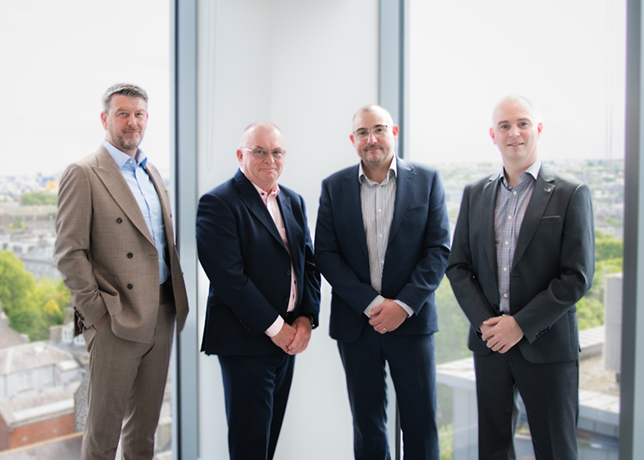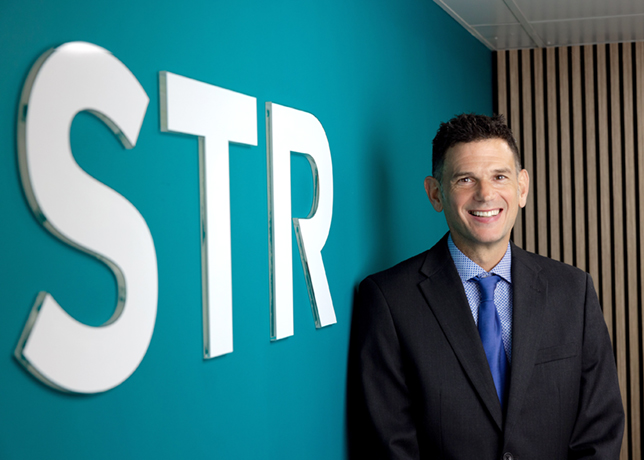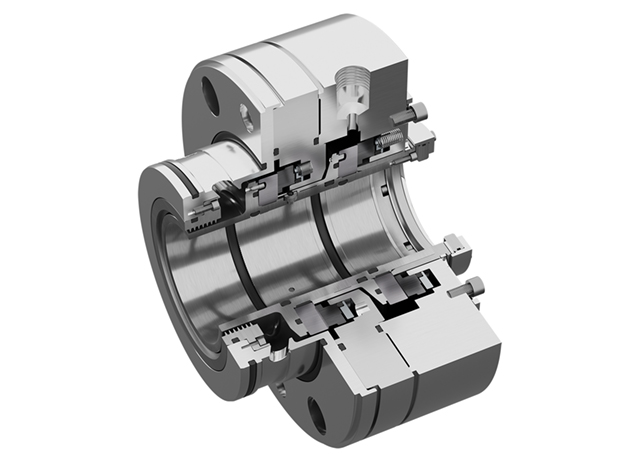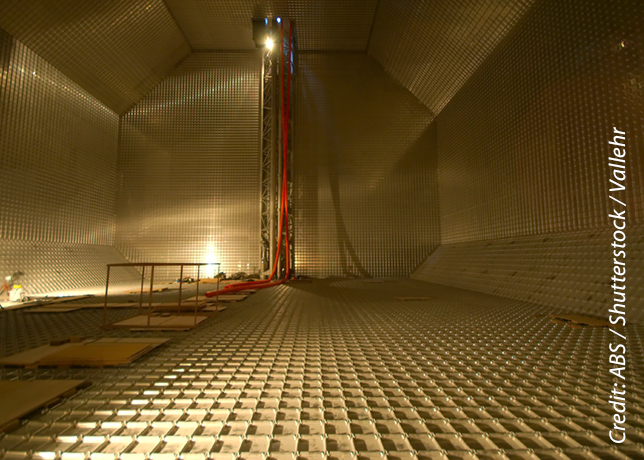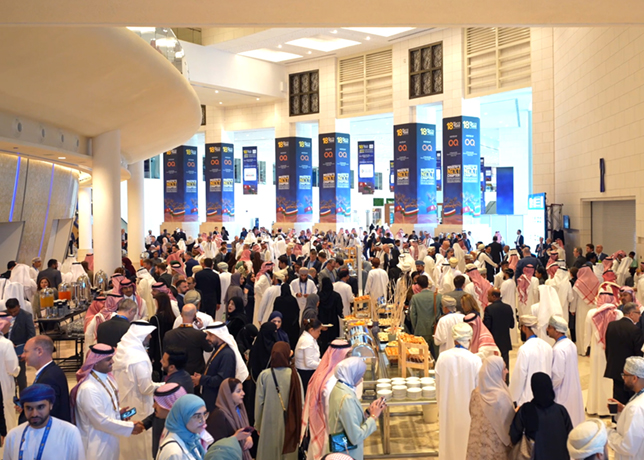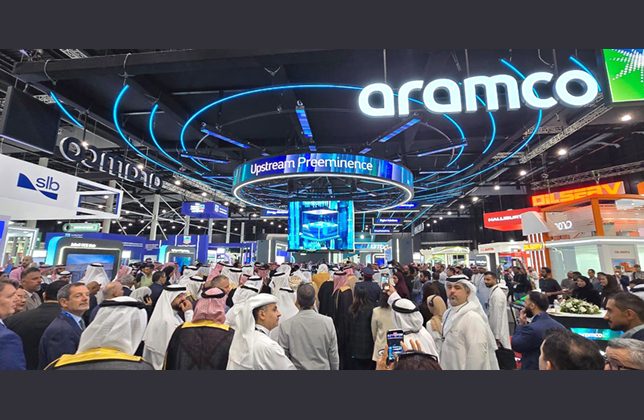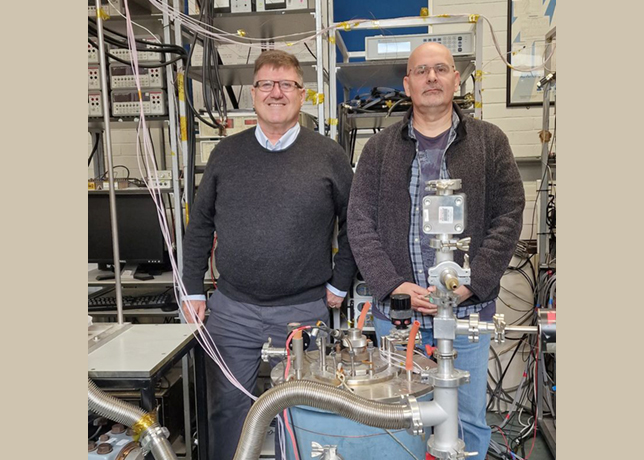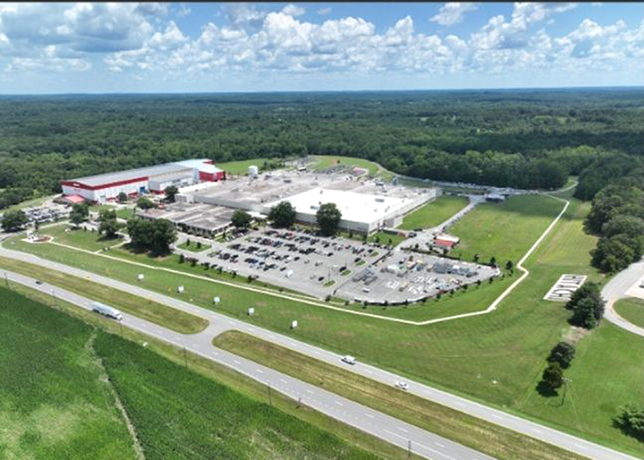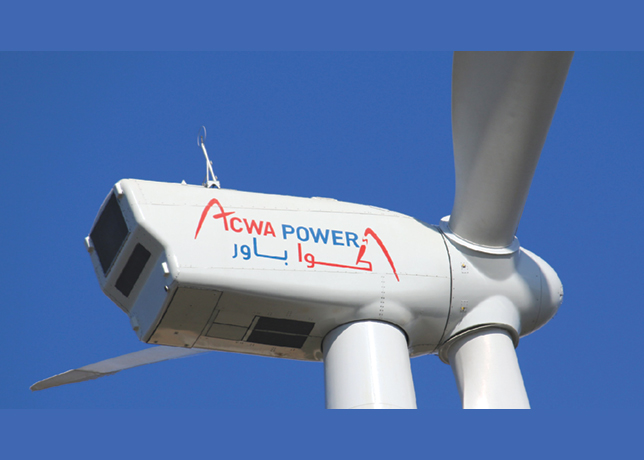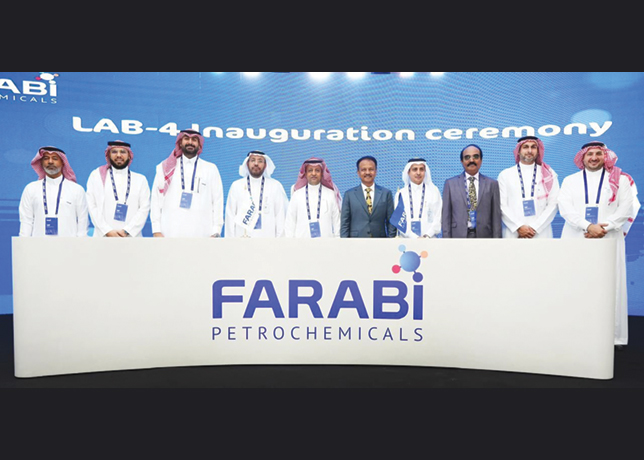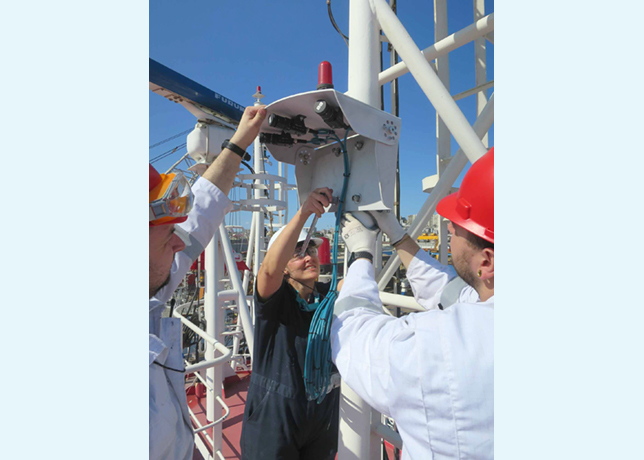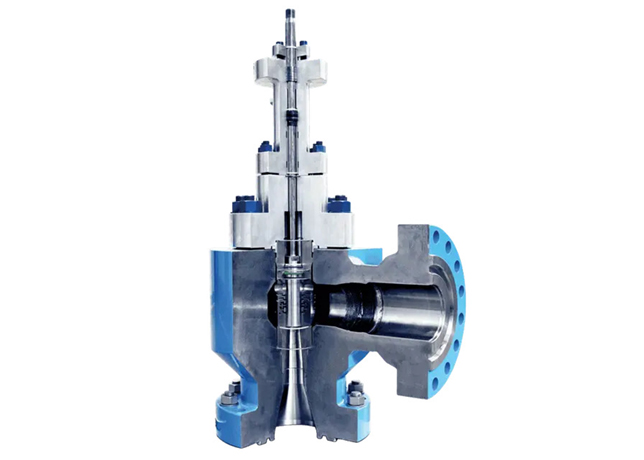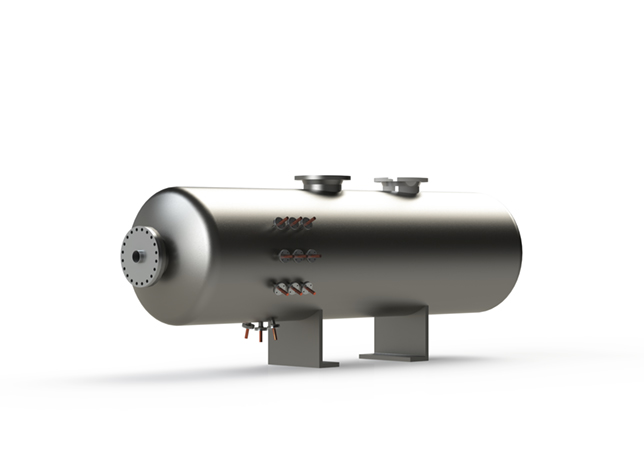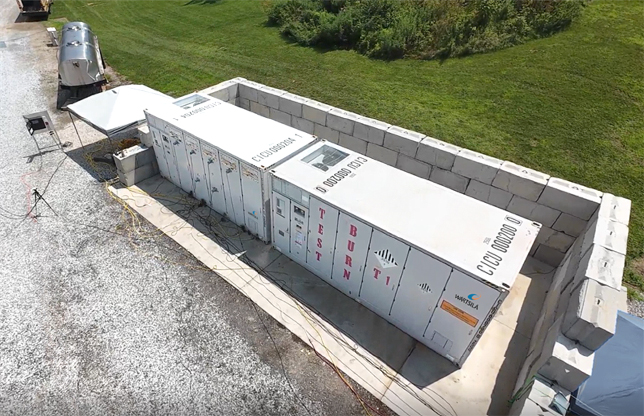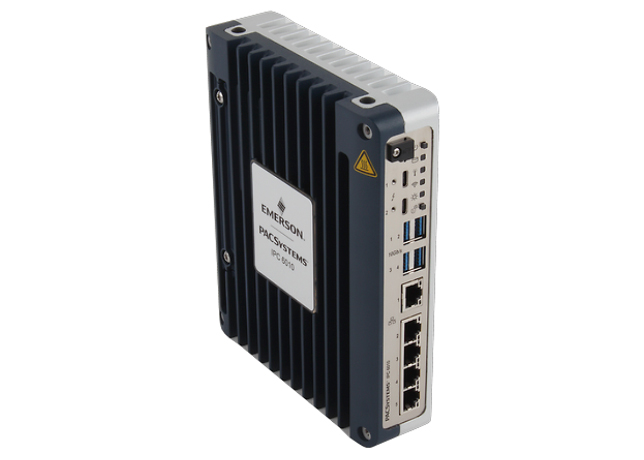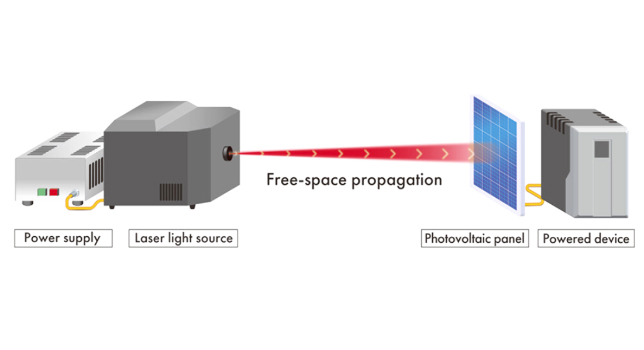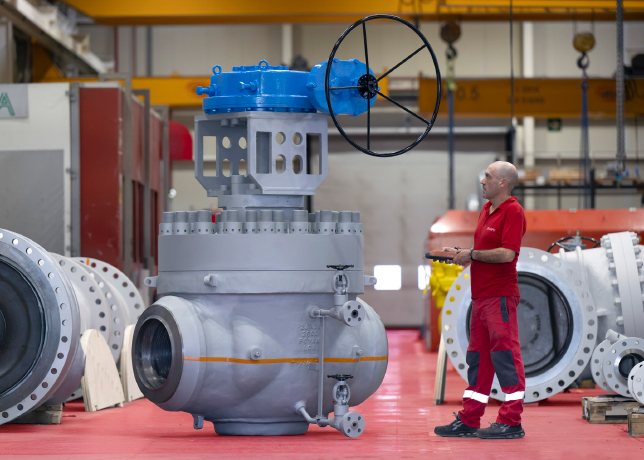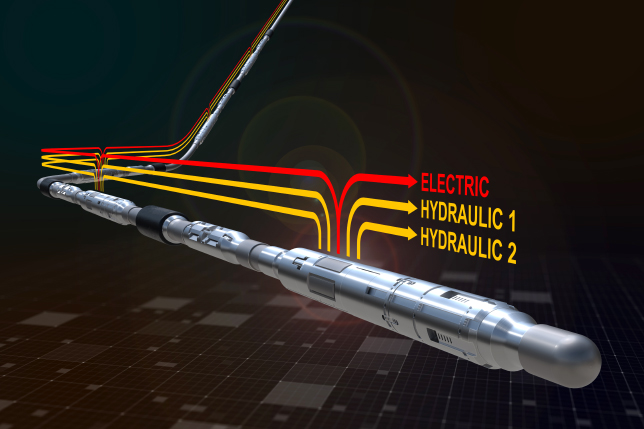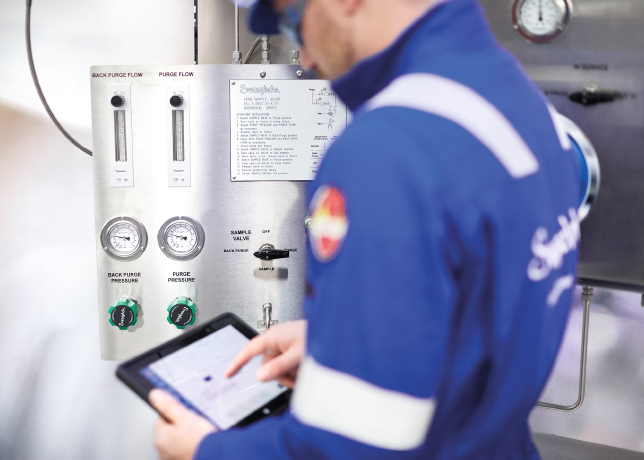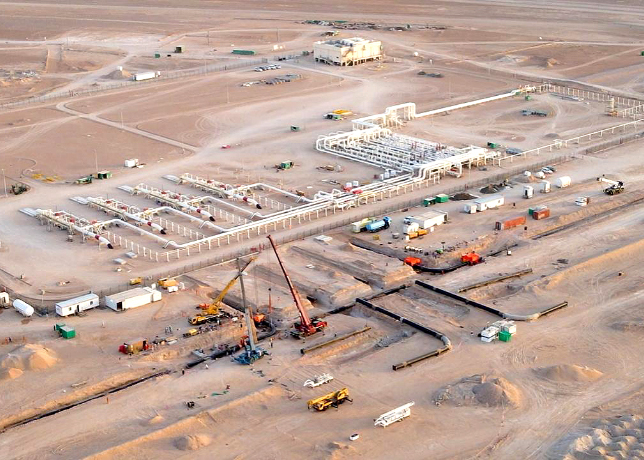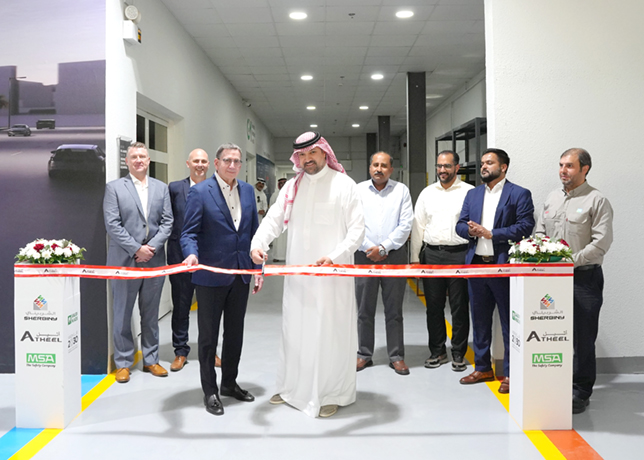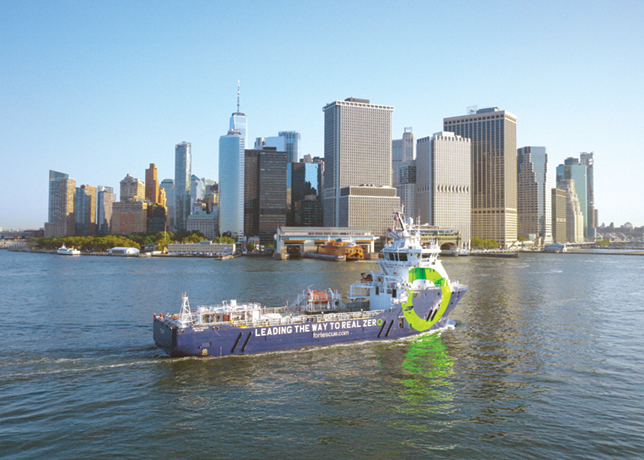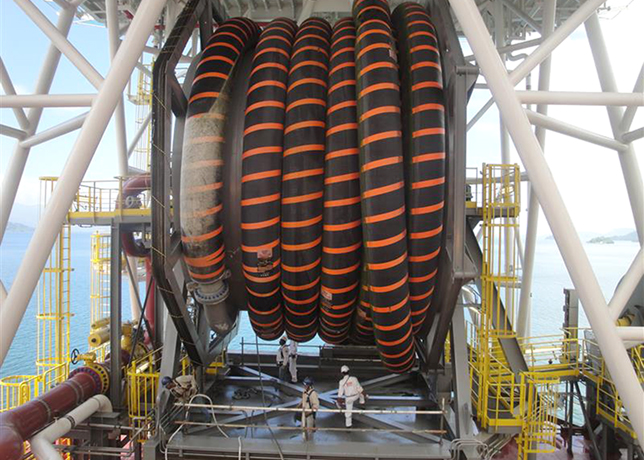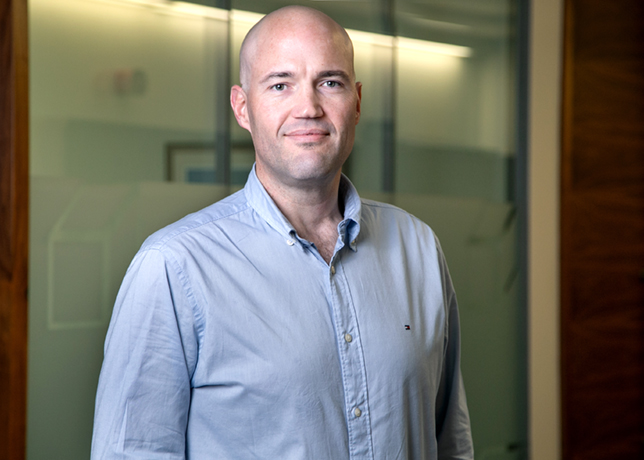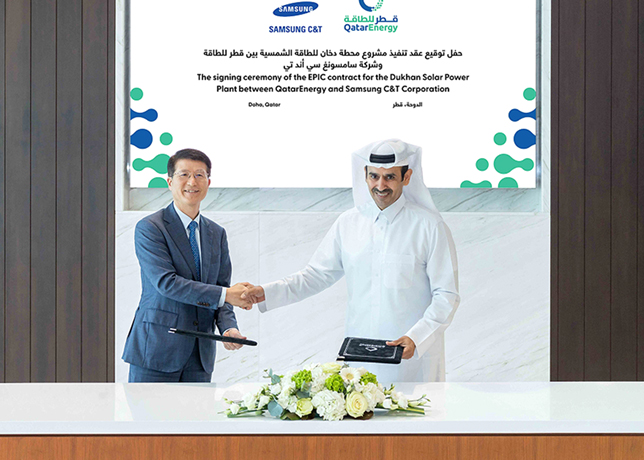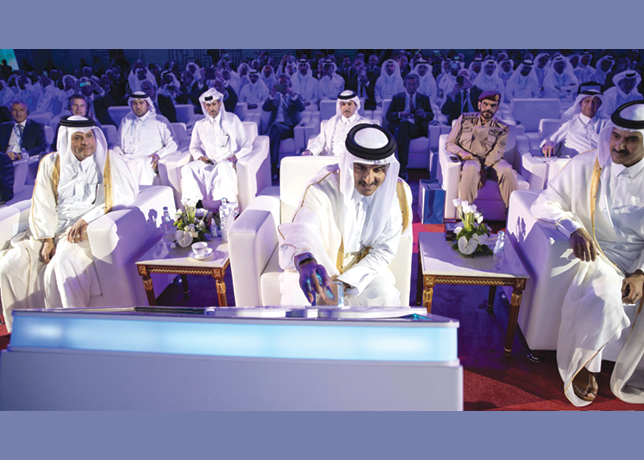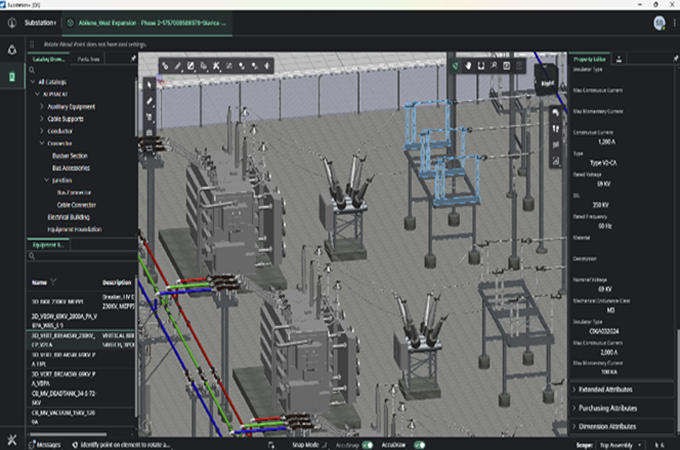
Bentley Systems, the infrastructure engineering software company, has unveiled new infrastructure AI capabilities at its Year in Infrastructure conference.
Bentley also announced
an Infrastructure AI co-innovation initiative, inviting engineering firms and
asset owners to collaborate on the next generation of AI workflows.
“AI is poised to
transform infrastructure,” said Bentley CEO Nicholas Cumins. “At Bentley, our vision
is for AI to empower infrastructure engineers—not replace them. Trustworthy AI,
built on infrastructure context, can improve engineering productivity and transform
workflows across project and asset lifecycles.”
AI use expanding
across infrastructure
Each year,
Bentley honors leading infrastructure organisations with the Going Digital
Awards, recognising excellence in project delivery and asset performance
through digital innovation.
This year, nearly
one-third of award submissions—and almost half of finalists—incorporated AI
into their projects.
This aligns with the findings from a global survey of infrastructure professionals released at the conference.
Conducted by Bentley in collaboration with law firm Pinsent Masons, engineering firm Mott MacDonald, and consultancy Turner & Townsend, the survey found that about half of respondents are either piloting AI or have already implemented it, with plans to scale its use across their organisations.
Key focus areas include
boosting design and engineering productivity and automating documentation processes.
“The greatest
challenge to delivering better and more resilient infrastructure is engineering
capacity,” said Cumins. “The reality is, there simply aren’t enough engineers
in the world to do all the work that needs to be done. AI promises a step
change in productivity that can help close this capacity gap.”
AI rolled out
across Bentley product portfolio
At last year’s
conference, Bentley introduced OpenSite+ for civil site design, the first in a
series of new AI-powered applications.
Bentley unveiled additional
next generation applications for substation design and construction management that
accelerate the adoption of AI across project delivery.
“We have been
creating a new generation of infrastructure applications built
on digital twins, powered by AI, and fully connected to Bentley Infrastructure
Cloud,” said Francois Valois, senior vice president, Bentley Open
Applications. “They show what’s possible when AI is built for real
infrastructure workflows and tailored to the needs of engineers.”
Featuring Bentley
Copilot, a context-aware AI assistant that guides users through workflows, surfaces
relevant documents, and can make changes to models, the new generation of data-centric
applications include:
Site design: OpenSite+,
the first engineering application leveraging generative AI for civil site
design, is now in limited availability. It delivers projects up to 10 times
faster without sacrificing accuracy.
“OpenSite+ is
going to open a lot of doors for us to move faster, get better answers, and
really be better engineers,” said Brianne Belschner, Model-Based Design Lead,
VHB, which contributed to the development of OpenSite+ through an early access
program.
Substation
design: OpenUtilities Substation+ is a new application that brings digital twin
and AI-powered capabilities to substation design. In rethinking how substations
can be designed collaboratively, it helps solve one of the biggest sources of
frustration for designers, by allowing multiple users to work at the same time
in the same model, reducing errors and rework during construction.
OpenUtilities Substation+ will be available in November through an early access
program.
Construction management: SYNCHRO+, part of Bentley Infrastructure Cloud, is a next-generation, AI-powered construction application that redefines traditional 4D modeling. By shifting to a data-centric workflow, SYNCHRO+ streamlines construction planning and coordination.
It integrates Cesium for rich geospatial context, and leverages
AI to explore construction sequences with greater depth, speed, and actionable insights.
SYNCHRO+ will be available for early access in December 2025.
AI enhancements are coming to Bentley’s existing engineering applications as well, starting with OpenRoads Designer and OpenRail Designer for model-based road and rail design.
A new AI agent that
automates one of the most time-consuming aspects of design—annotating drawings—will
be generally available in November 2025. Bentley Copilot will be integrated
into both products in early 2026.
Bentley also
announced new AI-powered search capabilities in ProjectWise, part of Bentley
Infrastructure Cloud, designed to significantly reduce the time users spend
searching for information.
With a
streamlined, intuitive interface, and contextualised AI search capabilities, users
receive instant, concise summaries generated by AI, without needing to open
files or switch between applications.
These
enhancements deliver a productivity boost across the entire project workflow.
ProjectWise AI
capabilities will be available for early access in December 2025, with general
availability planned in 2026.
Commitment to
data stewardship
While
ProjectWise’s new AI-powered search capabilities promise significant
productivity gains, Bentley recognises that innovation must be grounded on a
foundation of trust.
As users rely on Bentley Infrastructure Cloud
to manage their engineering files and data, Bentley remains firmly committed to
data stewardship.
Cumins reaffirmed
that longstanding commitment, first outlined at the 2023 Year in Infrastructure
conference, emphasising that respect for intellectual property is foundational
to Bentley’s approach to Infrastructure AI. “Our users are in control of their
data. They decide if it is used for AI training, and to what extent,” Cumins
said. “Our users’ data is their data, always.”
To uphold this
principle, Bentley has implemented strict governance around AI model training.
Only data that
has been explicitly licensed or purchased for this purpose is used—this includes
contributions from accounts that have agreed to supply data for the benefit of
the broader Bentley user community.
Users also have
the option to fine-tune Bentley AI models with their own data, for exclusive use
within their organisations.
To further
support transparency, Bentley has introduced the Data Agreement Registry, an
auditing system that provides visibility into how data was used to train
Bentley AI models.
Shaping the future of infrastructure with trustworthy AI
With engineering
firms increasingly looking to adopt reliable infrastructure AI applications—and
to train and deploy their own AI models alongside Bentley software—Bentley
provides the necessary context for trustworthy AI.
“Infrastructure
engineers work in a creative profession, but one where precision is
non-negotiable and consequences are real,” Cumins explained. “That’s why AI in
infrastructure must be grounded in real-world context.”
Infrastructure
organisations are leveraging Bentley software to ensure their AI models are
informed by the right context—drawing on their past project design data in
Bentley Infrastructure Cloud, subsurface insights from Seequent, and the
engineering logic and physical principles embedded in Bentley Open Applications.
Cumins noted the growing
number and diversity of Going Digital Awards submissions that leveraged Bentley’s
applications to inform their own AI agents.
“What’s striking
is how diverse these AI use cases are. AI is emerging across design,
construction, and operations, touching every phase of the infrastructure
lifecycle,” he said. “And the results go well beyond time savings; they’re
using AI not just to automate, but to optimise decisions and outcomes in ways that
were not possible before.”
He cited a
geothermal energy project in Turkey that used AI and the GPU-accelerated
simulation capabilities of a Seequent application to compress a five-year
development timeline into one year, cutting costs by more than 75 per cent.
Engineers
evaluated over 10 million scenarios in days instead of years, and ran 3,000
simulations in hours instead of days, setting a new benchmark for speed and
accuracy.
Infrastructure AI
Co-Innovation Initiative
“For more than 40
years, we’ve helped infrastructure professionals and organisations become more
productive through our software,” Cumins said. “We welcome the creative ways
our users are already combining our applications with AI—and we believe this is
just the beginning.”
To navigate this
change together with users, Bentley announced the Infrastructure AI Co-Innovation
Initiative to collaborate with engineering firms and asset owners on the next
generation of AI-enhanced workflows.
The co-innovation
initiative, open to Bentley users, will examine how Bentley APIs can evolve to
better support AI use cases and explore new commercial models that reflect the
evolving balance between AI-driven and human-driven work.
“This is a pivotal moment,” Cumins said. “The opportunity to shape the future of infrastructure is in front of us—and we’re incredibly excited to collaborate with our users in this new way.” -OGN/TradeArabia News Service









